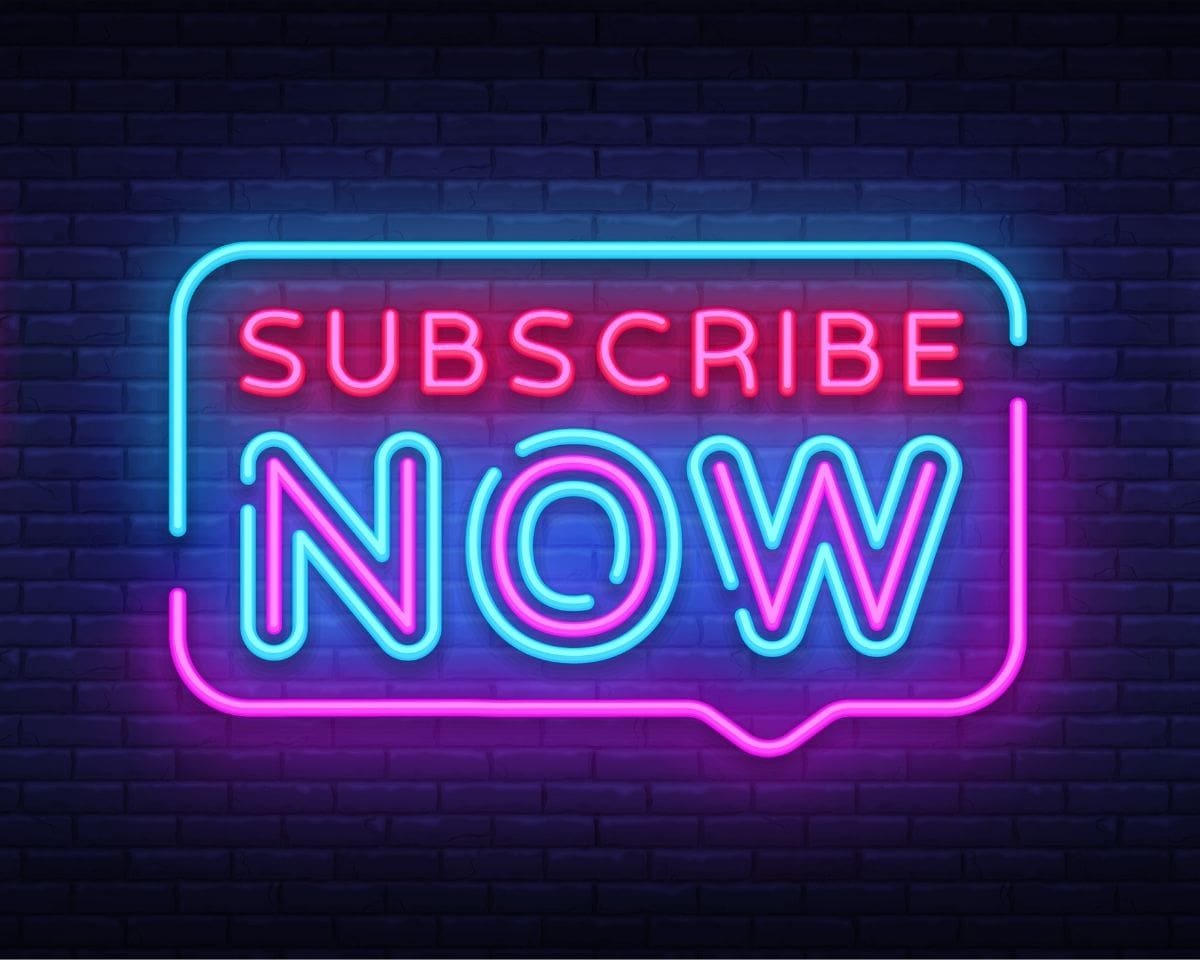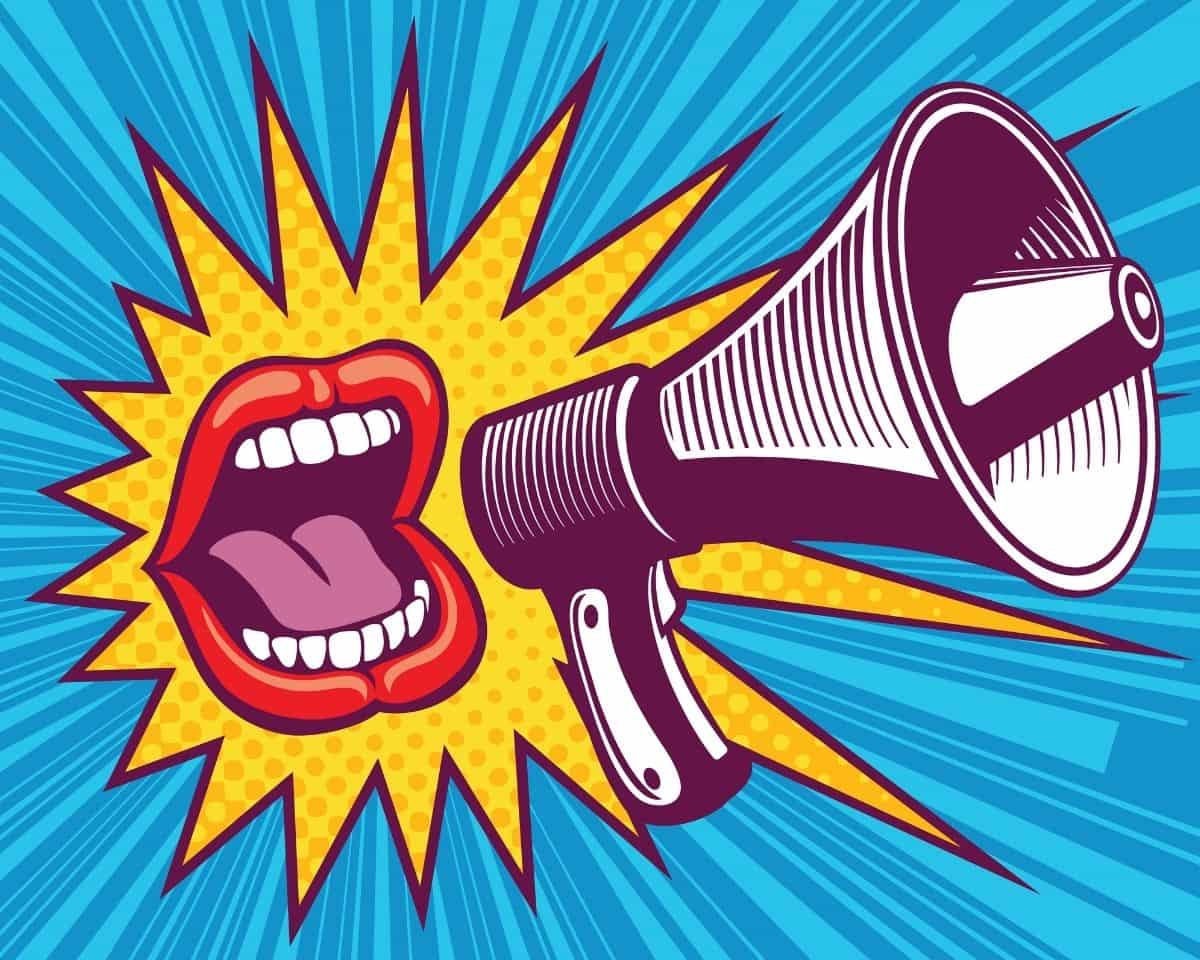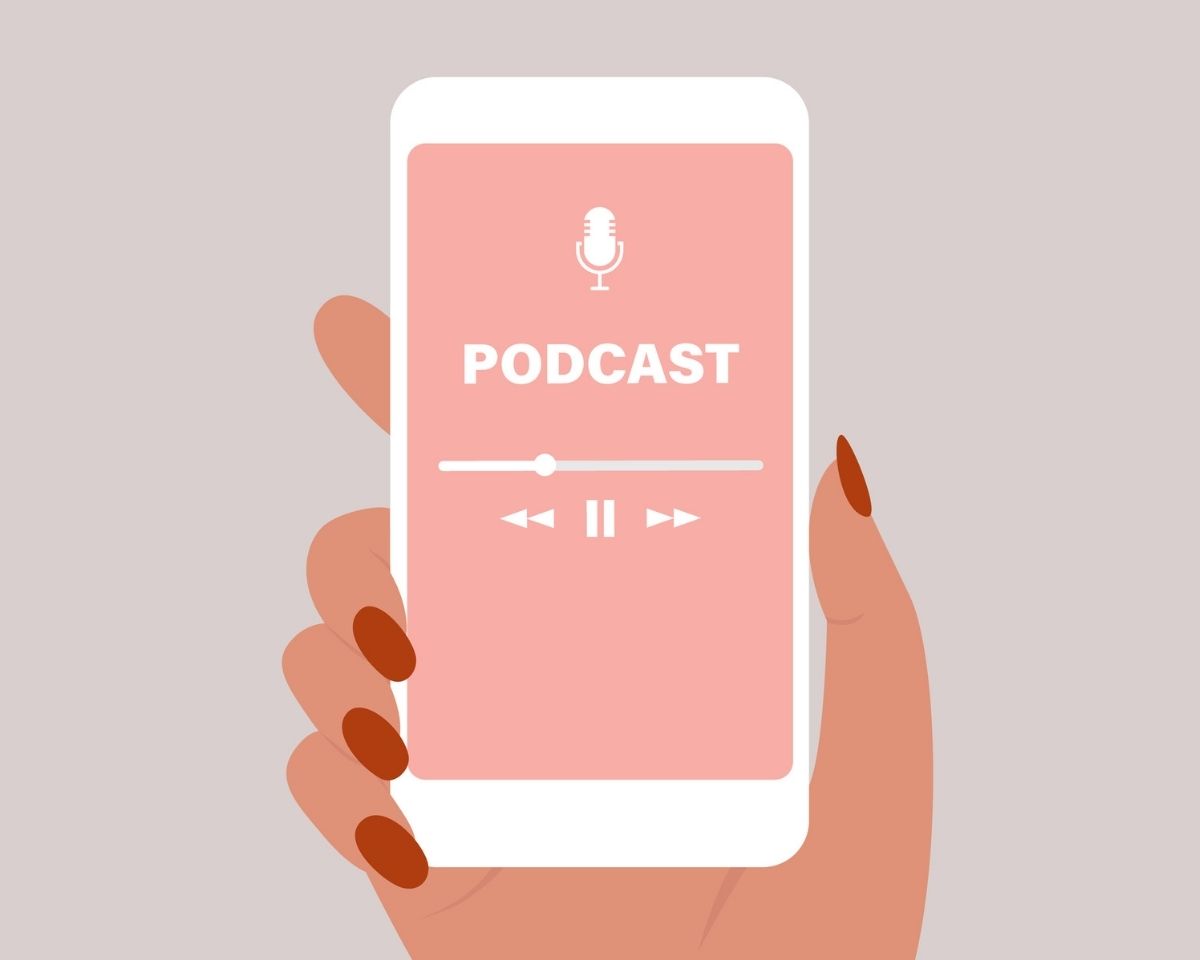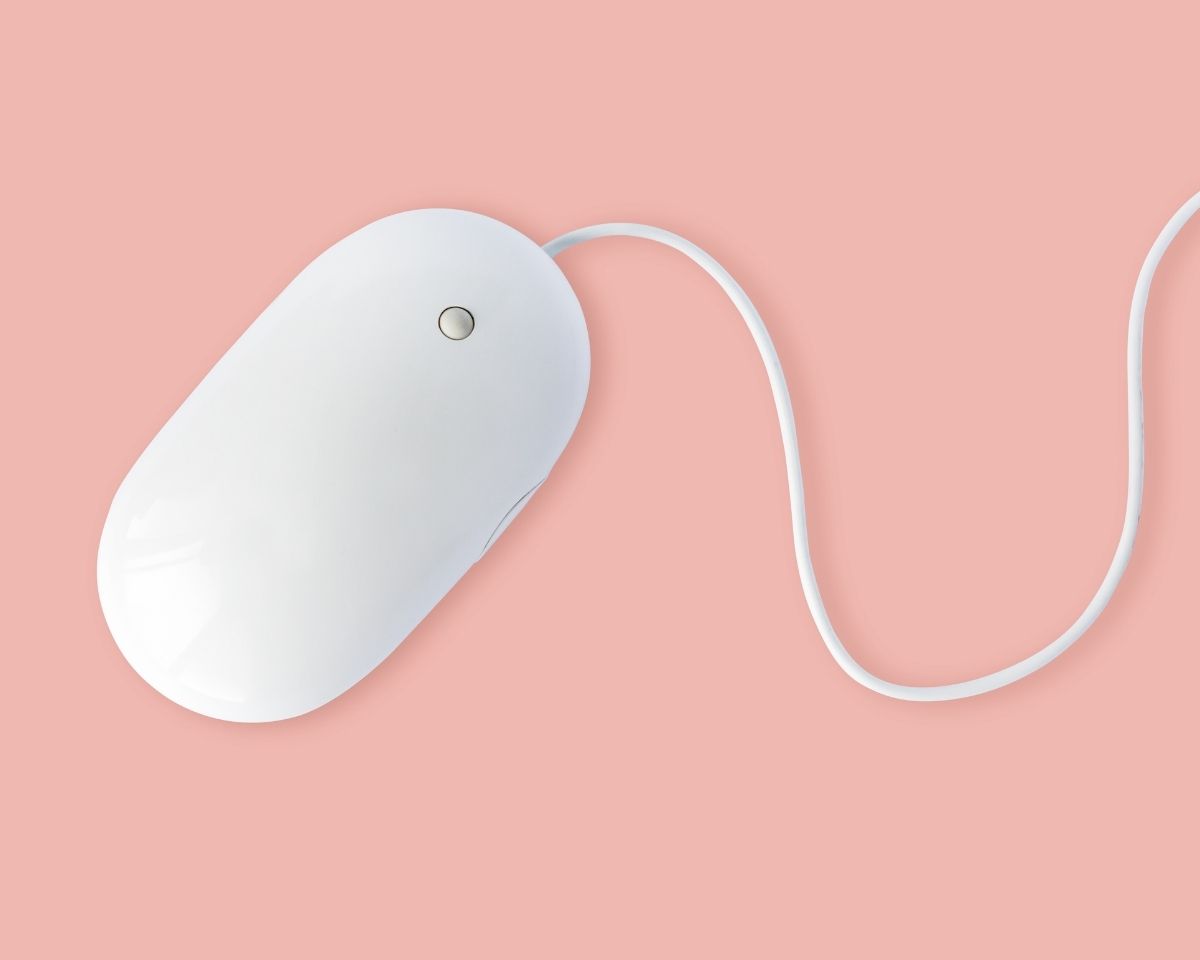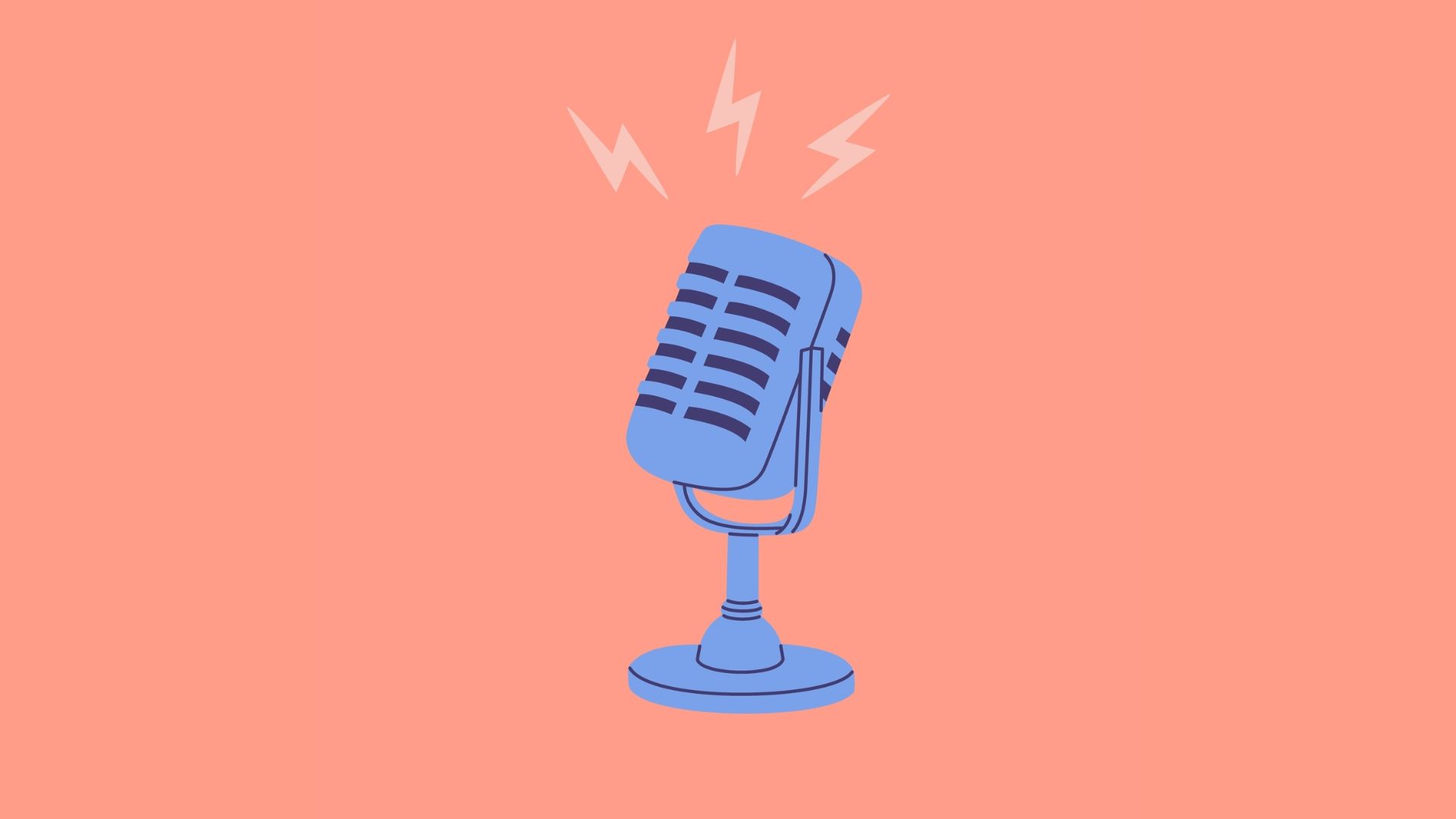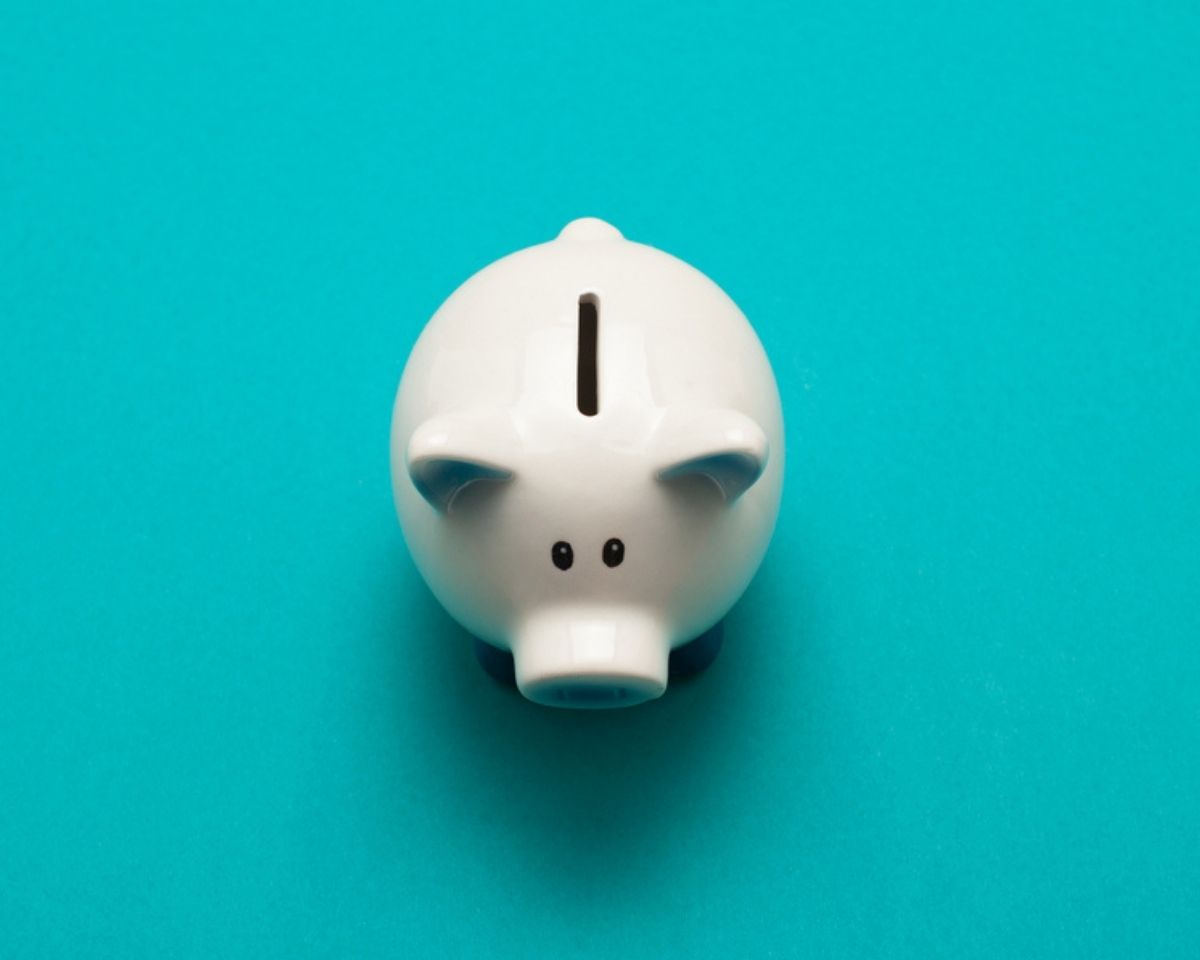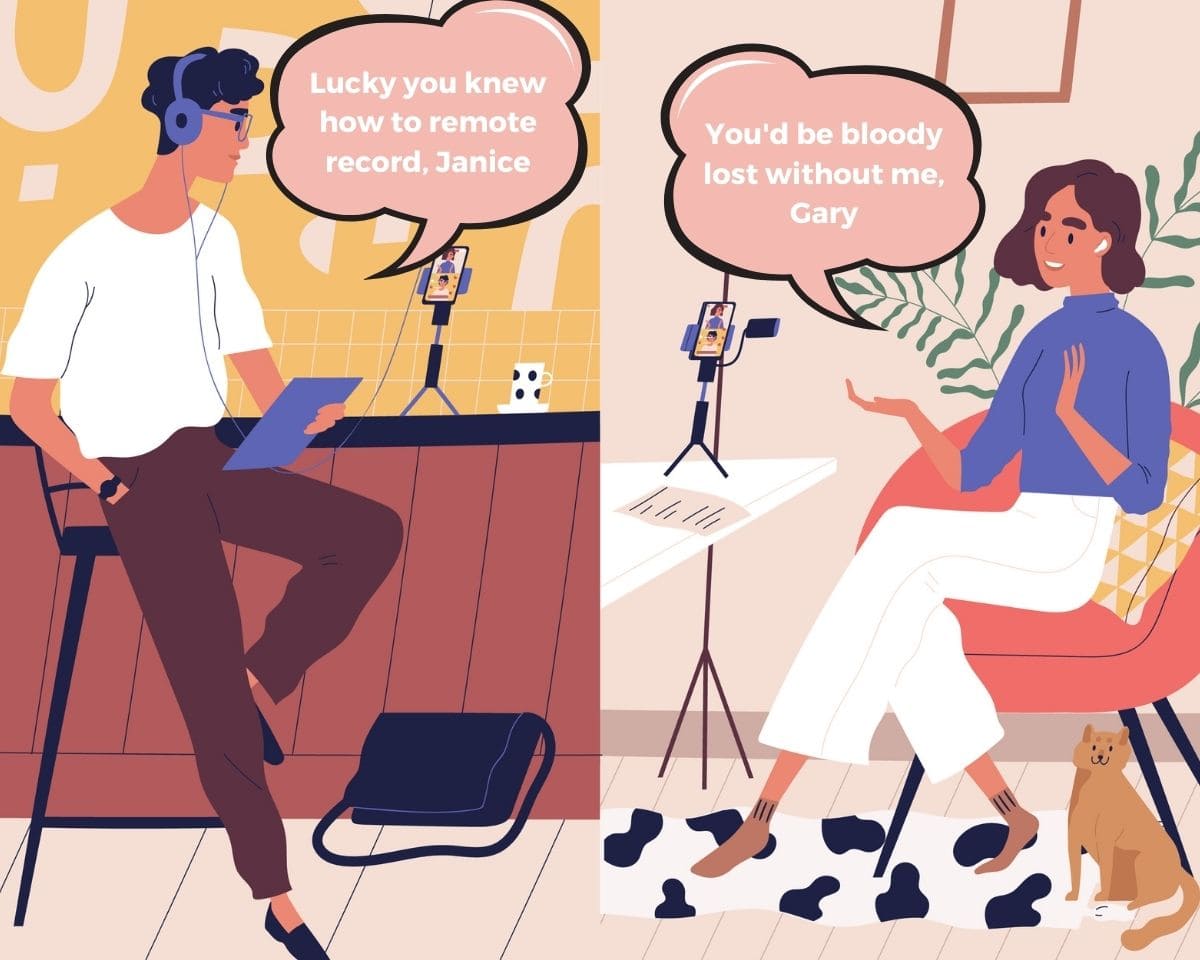How to get more podcast listeners with the words you use
Getting more podcast listeners is important if you want your show to last but you also want those listeners to subscribe or follow your show.
This is because the more subscribers/followers you have the more chance you’ve got of ranking in the podcast charts.
It also makes it easier for people to come back and listen every week because they’ll get a new episode delivered straight to their podcast app.
So how do you get more podcast listeners and, in turn, subscribers?
Well, the best way is often to avoid using the word ‘subscribe.’
[button text=”Apple” url=”https://itunes.apple.com/au/podcast/podschool-learn-how-to-create-professional-podcast/id1239671724?mt=2″ class=””] [button text=”Google” url=”https://www.google.com/podcasts?feed=aHR0cHM6Ly9yc3Mud2hvb3Noa2FhLmNvbS9yc3MvcG9kY2FzdC9pZC8xMzAz” class=””] [button text=”Spotify” url=”https://open.spotify.com/show/1Q2L51iY2sIL8BEkAKyxZj” class=””]
A lot of people still don’t listen to podcasts
When you’re promoting your podcast you’re going to be talking to a mix of people.
Some will be avid podcast fans, some will be aware of podcasts but might not have listened and others might be totally unfamiliar with them.
So it’s important to remember this when you’re promoting your show because a blanket message isn’t going to work for everyone.
‘Subscribe’ means different things to different people
To a podcaster ‘subscribe’ means free episodes of their favourite show delivered straight to their phone but for non-podcasters, it often means something else…money.
Think about it. Every single subscription service we’ve ever come into contact with requires us to hand over our hard-earned cash EXCEPT podcasts (unless you decide to become a paid subscriber).
So, if you don’t know how to listen and you see the word ‘subscribe’ you might assume it’s going to cost you something.
If that’s the case you could be turning listeners off by telling them to subscribe because they might not understand your content is free.
Podcast apps are now using ‘follow’ instead of ‘subscribe’
Since podcast apps like Apple Podcasts have introduced paid podcast subscriptions they’ve also moved away from the word ‘subscribe’ and are now using ‘follow.’ This is a term also used by Spotify.
This terminology fits better with what most people are used to but a lot of apps still use ‘subscribe’ and it’s a term that’s been around for so long I doubt it’ll disappear from podcasting forever.
You just need to know when to use it.
How do you get non-podcasters to listen to your show?
Tell people to ‘listen’ rather than ‘subscribe’
In a lot of your communications, like social media or your show notes page (if they’re found via search) your words will be seen by people in all the groups mentioned above including podcast fans, people who’ve heard of podcasts but haven’t listened and people who have no idea what a podcast is.
So, when you’re coming up with copy to encourage people to listen to your show remember not everyone you’re talking to is a podcast aficionado.
That’s why it might be better to tell them to ‘listen’ in these places rather than ‘subscribe.’
Listening makes sense to everyone and feels much less intense than telling someone to subscribe, especially if they think it’s going to cost them money.
Asking people to listen encourages them to check out your show and then when they’re listening to your content you can give them more information about how to subscribe.
Point people to your website or use a dynamic link
We’re constantly telling people to find us in their favourite podcast app but what if people don’t know how to do that?
Instead of telling new listeners to go somewhere they’re not familiar with why not point them to your website? If they haven’t used a podcast app before they’ll definitely be familiar with a website (one would hope).
I should point out this is only effective if it’s REALLY easy to listen to your show on your website. And you also want to make sure the links to where people can listen, follow and subscribe in different podcast apps are clearly visible.
Alternatively, you could share your podcast using a dynamic link that opens your show in the app on their phone (Apple Podcasts on iPhone and Google Podcasts on Android).
This will reduce friction by taking them directly to where they can play your content.
Is there an exception?
Isn’t there always?
The place to use the word ‘subscribe’ is anywhere you’re speaking to podcast listeners. It’s hard to tell who you’re speaking to when you’re blasting out on social media so in that case, it’s probably best to stick with ‘listen.’
But if you’re talking to people inside a podcast, you can assume they know how to find one (unless they’re listening on your website but then you’ll have the links clearly labelled…right?).
It might also be worth mentioning, if you do use the word subscribe, that it’s free so new listeners who’ve found your show know it’s not going to cost them anything to click that button.
Whatever you do, think about who you could be talking to and try to be as inclusive with your language as possible.
Because, if you want to grow your podcast audience you can’t leave anyone out.
Got a burning question you’d like answered on the podcast? Send me an email.
Want to start your own podcast but need a little help? Download my “How To Start A Podcast” guide or sign up for my online podcasting course, PodSchool.
Hello fellow podcasters and welcome to the show. Today I'm going to be talking about something I learnt at an Australia podcasting conference called OzPod. It was in a presentation by a guy called Adam Jaffrey from Wavelength Creative - a podcast agency for brands. He was talking about how to improve podcast promotion off the back of some interesting research that showed what we're doing wrong. The research showed 91 per cent of Australians had heard of a podcast but there was a huge gap between that number and the number of people who had actually listened to a podcast in the last month. It was around 33 per cent. I've seen some studies that have put it even lower, around the 23 per cent mark. That is a giant gap between people who know what a podcast is and people who know how to listen to one. So the challenge for you as a podcaster is how do you get access to people who've heard the word podcast but have no idea how to get it into their ears?
One really big takeaway I wanted to share with you because I thought it was something that can make a big difference was the idea of moving to the word "listen" instead of "subscribe." Some of the reasons he suggested for doing this was that for people who don't listen to podcasts "subscribe" sounds like something they'd have to pay for. If you think about it that makes a lot of sense because everything in our life we "subscribe" to e.g. Netflix or Spotify comes at a cost. So the word subscribe, for a lot of people is associated with money coming out of their bank account. And if you're just starting to find podcasts and you're interested in listening to them why would you click subscribe if every other experience you've had with the subscribe button has left you with less money? So encouraging people to "listen" instead, which is really what we want them to do when we're asking them to subscribe seemed like a smart idea.
One of the other things he said was that by asking people to subscribe as a first request, we're asking them to marry us on the first date. Really we should ask them to try our show, listen and see if they like it, then move to subscribing so they catch those episodes on a more regular basis. Using the word listen instead of subscribe, I think, is a really smart thing to do when you're trying to educate people about your podcast. The other thing to do in conjunction with this is to point to a website. Often we'll say "subscribe to our show in Apple podcasts, Google podcasts, Stitcher or wherever else you listen to podcasts." Again if you're a brand new listener you don't really know what some of these things are. In fact, in the research one of the main reasons people gave for not listening to podcasts was they didn't have the app on their phone. That's interesting since those apps come standard on phones, so that indicates there's a missing education piece there because people aren't sure how to access a show. So if we're encouraging people to subscribe by saying "subscribe on Apple Podcasts" and they don't even know they've got that app on their phone how are they ever going to find it?
Instead, we should be pointing people to a website. You'll notice quite often on this show I'll point to my website, PodschoolPodcast.com. I put my show notes there and all the information as well as links for how people can subscribe in the different podcast apps. He was suggesting a website is a much better way to show people where to go because even if they don't know what a podcast app is, they'll know what a website is. Then if you have the links clearly marked on your website e.g. "Listen on Android" and "Listen on iPhone" it'll be much easier to guide a path for them to the podcast app in their phone.
A lot of people use podcast badges for directories like Apple and Google. These say "subscribe on Apple Podcasts" or "Subscribe on Google Podcasts" and you can download them from Apple or Google but if you're creating your own buttons why not just say "listen on an iPhone" or "listen on an android" or both? That's a really simple way for people who aren't sure about their podcast app or what it's called to know which button to click because they will know "Oh I have an Android!" or "I have an iPhone!" Think about how you can easily encourage people to listen that might not have listened to a podcast before. If you're a regular podcast listener or if you're making your own podcast it's easy to assume everybody has the knowledge you do. But just because you find it easy to listen to a show doesn't mean other people do. Don't forget to educate your audience on how to find our show. And I think that suggestion from Adam is a really simple and effective one. Just saying "listen to my show at mywebsite.com" is a much more accessible way to do that. So I'd say "listen to my show at PodSchoolPodcast.com and I have all of the episodes listed there. You can click on the embedded players or click on the links under the players to subscribe to the show.
Make the path to accessing your show easier and it stands to reason you'll make it easier for people to find your show. Adam is right. We always associate subscribing to things with money so if you're trying to remove barriers to entry for new people coming to your show it's probably best to use language that doesn't scare the crap out of them because they think they're going to have to part with their hard-earned cash.
Of course for the people who listen to your show who know all about podcasting and how to download they can go into their app and find your show. Saying your website isn't going to be a problem for them because they'll know how to find. Really we want to access that audience that don't know and haven't had experience with podcasts and encourage them to listen and make it really easy for them to work out how to do it.
Hopefully, that has given you a little interesting advice. I found that really insightful and I'm definitely going to be using that in my podcasts moving forward. If you've got any questions you'd like answered on the show please head to PodSchoolPodcast.com and send me an e-mail at the contact page. And if you need a little more help you can head to PodSchool.com.au, my online podcasting course where I take you step by step through all the things you need to get your show into peoples ears. I will also be adding that little piece of advice to the course because I think it is fantastic. I'll see you next week and until then, happy podcasting.
